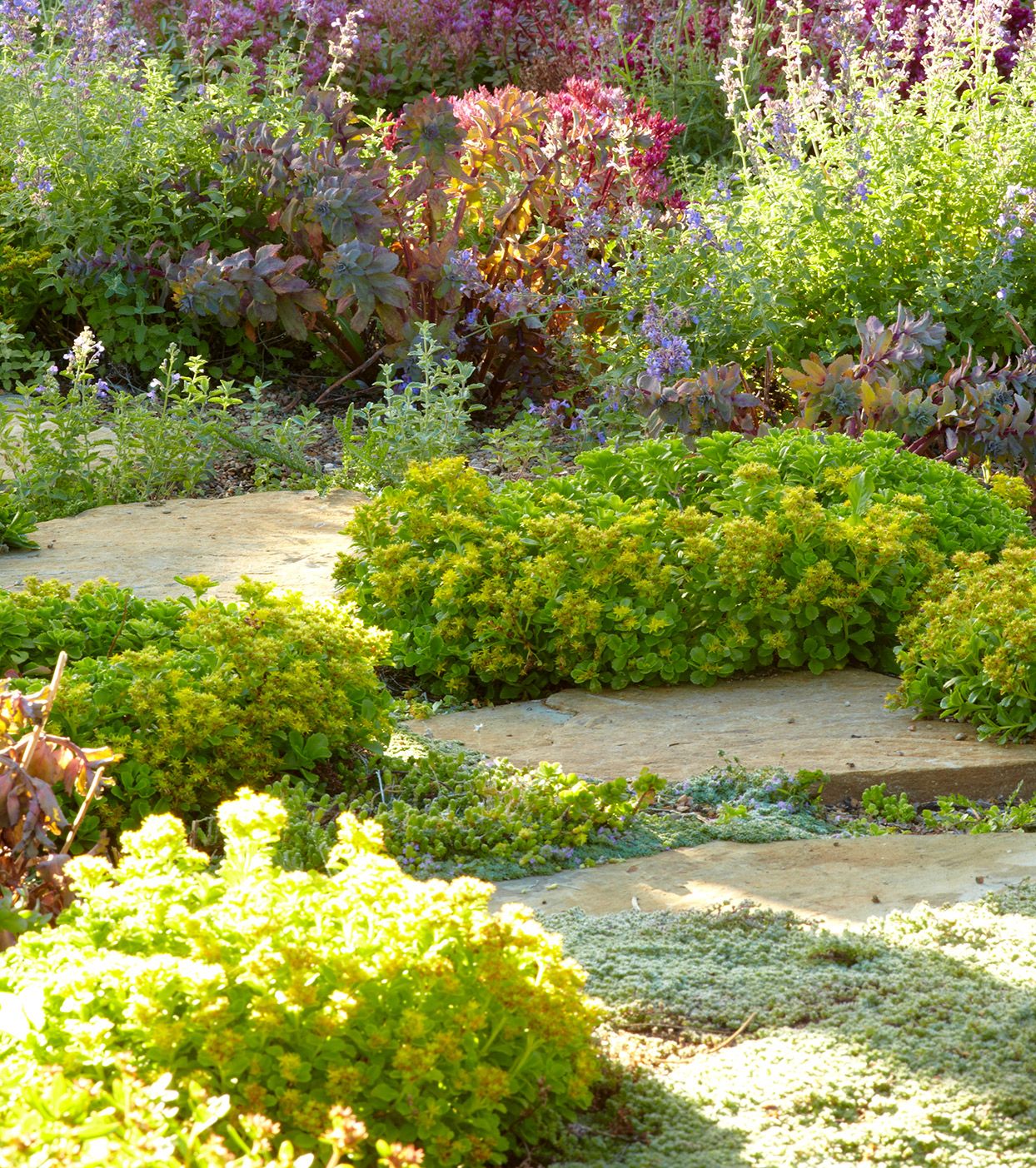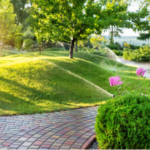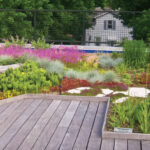Sustainable landscaping is the practice of designing and maintaining outdoor spaces in an environmentally responsible manner. This approach focuses on using resources efficiently, promoting biodiversity, and reducing waste. By incorporating sustainable practices into landscaping projects, individuals can help protect the environment, conserve water, and create beautiful and healthy outdoor spaces.
One key aspect of sustainable landscaping is water conservation. By using drought-tolerant plants, implementing efficient irrigation systems, and capturing rainwater, homeowners can significantly reduce their water usage. This not only helps to preserve precious water resources but also lowers utility bills and minimizes the environmental impact of landscaping activities.
In addition to water conservation, sustainable landscaping also focuses on reducing the use of synthetic chemicals and pesticides. Instead, organic and natural alternatives can be used to control pests and promote plant health. This helps to create a safer and healthier environment for both people and wildlife, while also reducing pollution and protecting water quality.
Another important principle of sustainable landscaping is maximizing biodiversity. By incorporating a variety of plants and creating habitats for wildlife, individuals can support a thriving ecosystem in their outdoor spaces. This can help to promote pollination, control pests naturally, and create a more resilient and balanced ecosystem.
Furthermore, sustainable landscaping promotes soil health by avoiding practices that degrade the soil, such as overwatering or using synthetic fertilizers. Instead, techniques like composting, mulching, and planting cover crops can help improve soil structure, fertility, and water retention. Healthy soil is essential for supporting plant growth, reducing erosion, and sequestering carbon.
Overall, sustainable landscaping offers a holistic approach to outdoor design and maintenance that promotes environmental stewardship, resource conservation, and biodiversity. By following these principles, individuals can create beautiful, sustainable outdoor spaces that benefit both people and the planet. Whether it’s a backyard garden, a community park, or a commercial property, sustainable landscaping practices can help create a more resilient and vibrant outdoor environment.
















